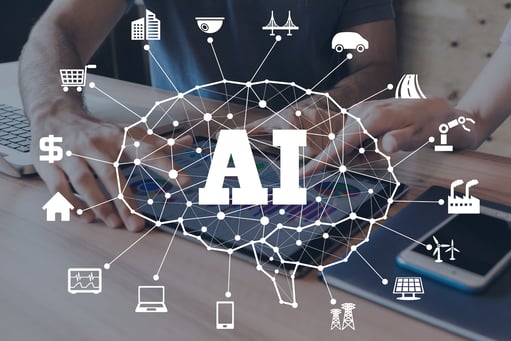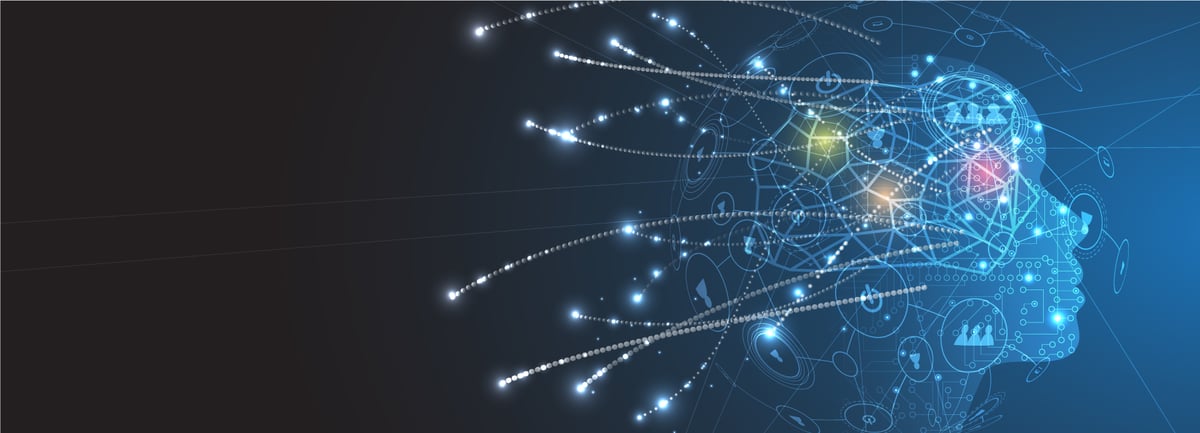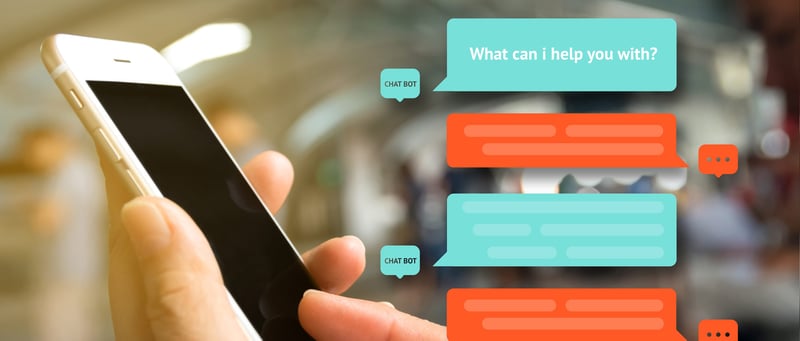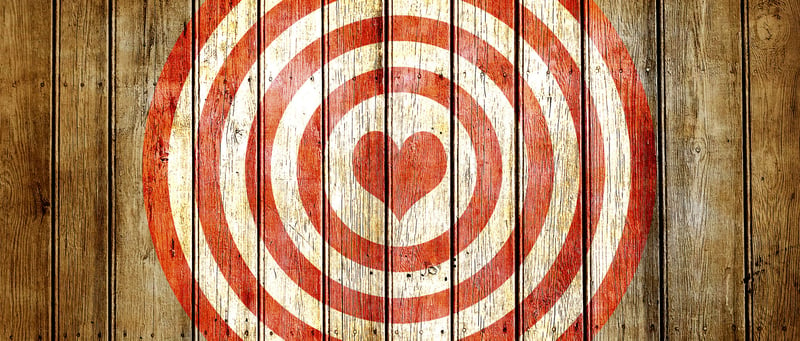
On a daily basis we use personal assistants to help out with tasks; we shop in cashierless shops and will soon be travelling around in driverless vehicles. Even the experience of checking out Facebook’s newsfeed or selecting a movie on Netflix is made better with the aid of artificial intelligence. The market for AI technologies is booming. A Narrative Science survey found that 38% of enterprises are already using AI, and this will grow to 62% by 2018. Forrester Research has also predicted more than a 300% increase in investment in AI beyond 2016 levels, and IDC estimates that the AI market will grow from $8 billion in 2016 to more than $47 billion in 2020.
But what does it all mean for marketing?
What is AI?
The term “Artificial Intelligence” was coined in 1955 to name a computer science sub-discipline. Today, it includes a variety of tools and technologies.
AI is already being used for paid and non-paid digital campaigns, to create and extract targeted content and to promote or communicate with customers. Personalisation is just another name for AI in marketing. Microsoft, Google, Facebook and Amazon have made significant investments in AI and others followed: some of the biggest tech companies are “remarking themselves around technology.” Salesforce and Adobe announced new intelligence programs: Einstein and Sensai.
“I’m astounded in how AI is going to transform every industry,” said Leslie Fine, VP of product at martech giant Salesforce. “Companies today face an imperative to integrate AI into their products and services or risk becoming less competitive with companies who are applying AI to improve customer experiences and make more intelligent business decisions.”
AI and Marketing
When it comes to marketing, AI applies to automation, machine learning and optimization, which has led to a confused understanding of the technology. This is very useful when it comes to rebranding. The CEO of Kahuna, a B2C smart automation software company, Sameer Patel, worries that a widespread adoption could have severe consequences. “There’s just a lot taking old technology, plastering AI on it, putting a nice gloss on it, and saying, ‘Hey, great, I’m AI,'” he said. “No, you’re not. It’s going to give AI a bad name, ultimately, because the results won’t come out.”
So until an authority defines what constitutes AI and what doesn’t, the term will be misused for marketing and hype. So let’s focus on what technology can do.
AI has been around for years and is already visible in a lot of marketing activities. Menial tasks have already been automated and optimized for some time. Pardot, SharpSpring and other marketing automation software tools, automated tasks like sending nurture emails or qualifying leads years ago.
Henry Schuck, CEO of DiscoverOrg, a sales and marketing intelligence solution, believes that “any part of the marketing world where a marketer has to read data and make decisions based on that data will be affected by AI in one way or another in the near future.” After all, with any machine, the results are good only if the data that goes into them is helpful.
Machine learning can help customise customer experience and optimise around individual needs. A lot of companies are using tech in their customer-focused strategy and the results are starting to show.
Yes, we are in the early stages of transforming marketing, but trust needs to be established now if we want long-term results. AI represents a different operating model for marketers. The adoption process consists of four phases that will take at least five years to be adopted and until the technology is improved.
- Phase 1 will consist of quickly finding patterns using more data.
- Phase 2 will be making suggestions that marketers review.
- Phase 3 will be the making and execution of decisions whitn thresholds.
- Phase 4 consists of fully autonomous marketing across the marketing mix control of spending.
AI and Marketers
ecure. Some AI supporters believe that technology will indeed replace roles in the work force, but at the same time it carries the potential to create new jobs. Furthermore, AI will reshape existing roles. For marketers, it already means data-mining tasks are being automated. Which leaves more time for creative and strategic work.
“Ninety-five percent of the people who came to marketing did not come to this data-driven world. They came for the soft side of marketing. ” Patel said. “Because of AI, you can be that creative person you always wanted to be. You now have systems that don’t require you to become a mathematician.”
“Because of AI you can be that creative person that you always wanted to be.”
Many believe that AI will set the foundation for a new marketer- part data scientist, part creative. After all, where AI is concerned, a machine doesn’t have to fool people or be smarter than them. It just need to help the people and help the business grow.
In our next blog post on AI and Marketing, expect an overview of the useful AI technologies marketers employ today.


